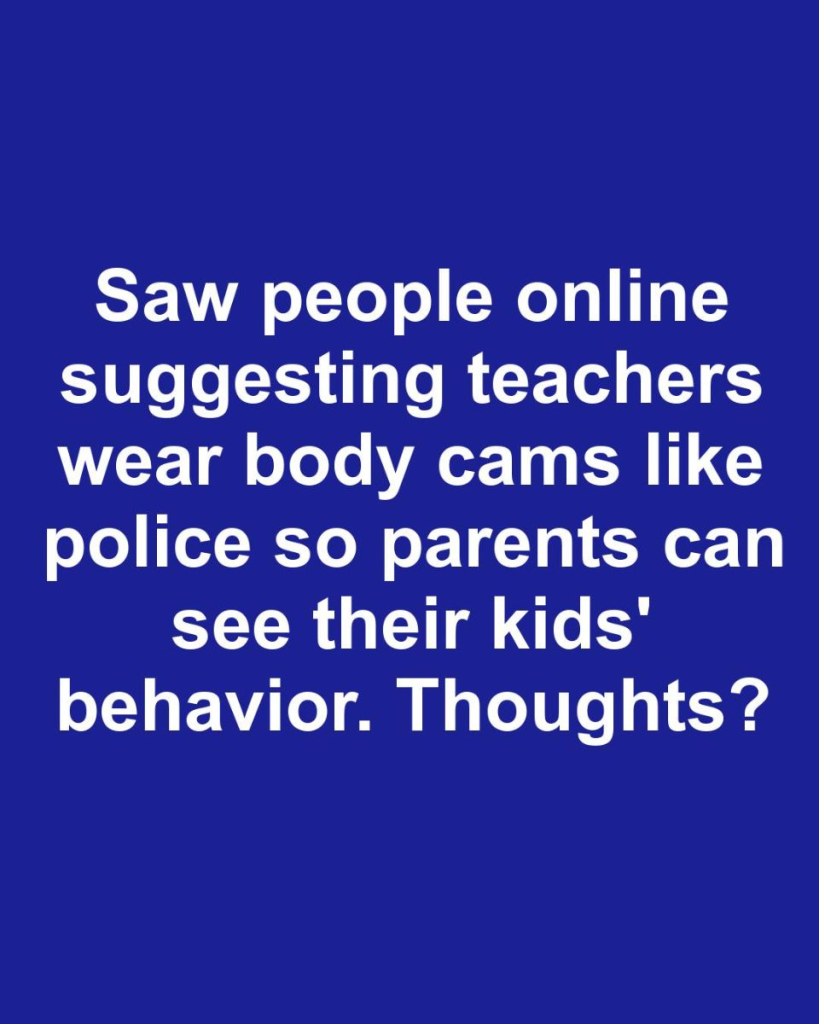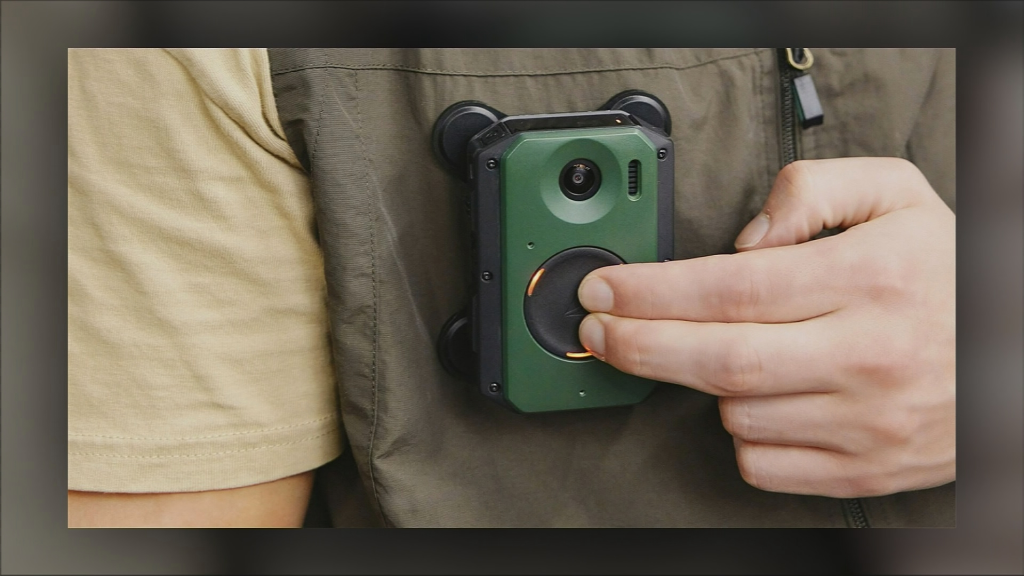Imagine walking into your child’s classroom and knowing every moment is recorded—from spelling lessons to playground conflicts. Sounds like something out of a dystopian novel, right? Yet this is a very real conversation today. The idea of equipping teachers with body cameras is gaining traction, and it’s sparking strong opinions from both supporters and critics.
So, what’s driving this debate? And what could it mean for the future of education?

The Push for Transparency and Accountability
In recent years, body cameras have become a symbol of transparency, especially in law enforcement. Supporters believe applying this same logic to schools could improve trust between parents, teachers, and students. A camera in the classroom could offer an objective record of what happens during the school day—no more “he said, she said.” That could be a game-changer in resolving disputes or addressing behavioral concerns.
Video: Should Teachers Wear Body Cameras to Record Bad Behaviour?
Could Body Cameras Strengthen Parental Involvement?
One argument in favor of classroom cameras is that they could help parents better understand their children’s learning environment. Picture being able to witness how your child interacts with others, how they behave, and how engaged they are during lessons. It’s like getting a backstage pass to your child’s daily life. That level of insight could encourage more meaningful conversations at home and deeper support for the student.
A Tool for Teacher Growth and Reflection
It’s not just about keeping an eye on students—body cameras could also serve as a professional development tool for teachers. Reviewing classroom footage could help educators refine their teaching methods, spot areas for improvement, and discover new ways to connect with their students. Just like athletes watch game footage, teachers could analyze their own “performance” to grow and improve.
The Case for a Safer, More Respectful Learning Environment
Body cameras might also act as a deterrent against bad behavior—from both students and staff. Knowing there’s a recording might encourage everyone to think twice before acting out. This could help prevent bullying, false accusations, and misconduct. In theory, it creates a more respectful atmosphere for learning.
But What About Privacy?

Here’s where the debate gets tricky. Critics warn that classroom cameras could seriously invade personal privacy. Students—especially young ones—may not feel comfortable being recorded all day. Teachers, too, might feel constantly watched and judged, which could affect their confidence and teaching style. Then there’s the concern of footage being viewed by parents or administrators who weren’t present during the recorded interactions. Where do we draw the line?
Managing the Mountains of Data
Let’s talk logistics. A single school could generate thousands of hours of video each month. Storing, securing, and managing all that footage isn’t just a tech challenge—it’s a financial one too. Schools would need to invest in secure storage systems and staff to handle data management. And if any of that footage is leaked or hacked? That’s a serious breach of trust and safety.
Footage Without Context Can Be Dangerous
A video clip doesn’t always tell the full story. Without proper context, it’s easy to misread what’s happening. A teacher raising their voice might seem harsh on camera but could be responding to a serious situation. Selectively edited clips could be used to support false narratives, leading to unnecessary controversy and damage to reputations.
Can Schools Afford It?
Public schools are already stretched thin financially. Adding the cost of body cameras, data storage, cybersecurity, and maintenance may not be realistic. Would those funds be better spent on hiring more teachers, updating curriculum, or improving facilities? These are tough calls every district would have to make.
What Do Teachers, Students, and Parents Think?
One thing’s for sure—any move to introduce body cameras needs input from all sides. Teachers, students, and parents each bring unique concerns to the table. Open forums, surveys, and community discussions would be essential in shaping fair and thoughtful policies. No one wants to feel like they’re being monitored without having a say.
Conclusion: Are Body Cameras in Classrooms the Future or a Step Too Far?

There’s no clear-cut answer to whether teachers should wear body cameras. The potential benefits—transparency, improved behavior, and professional development—are real. But so are the concerns about privacy, misuse, and cost. It’s a classic case of “just because we can, doesn’t mean we should.”
If we’re going to consider body cameras in education, we need to do so carefully and collaboratively. Every stakeholder must be heard, and every concern must be taken seriously. Only then can we decide if this technology truly serves the best interests of our students, teachers, and communities.


